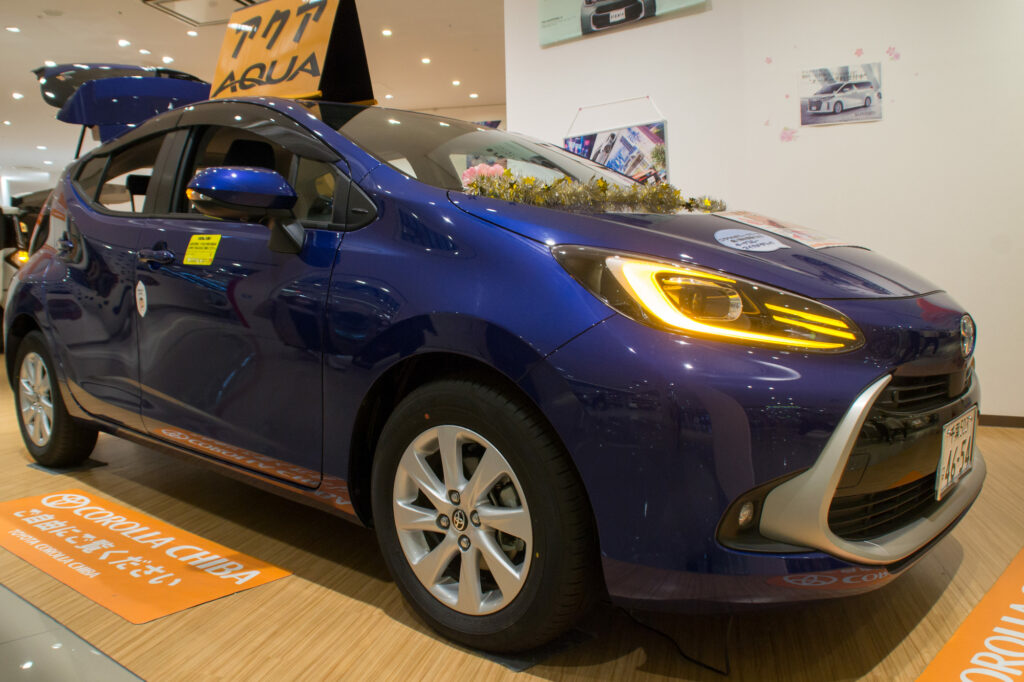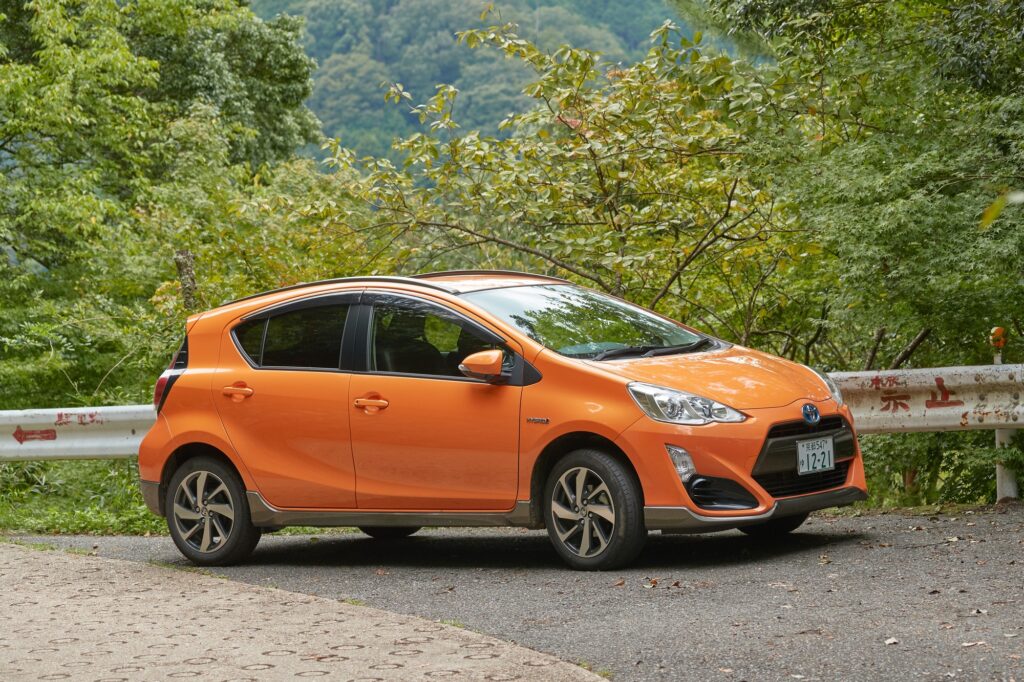Consumers have increasingly adopted more eco-friendly options as the automotive industry continues to focus on reducing carbon emissions. However, electric vehicles (EVs) and hybrids remain more expensive than their petrol- and diesel-powered counterparts, which resulted in consumers looking for more affordable options. One cost-effective option that has gained popularity in the market is the Toyota Aqua hybrid.
In this article, we’ll explore why the Toyota Aqua hybrid might be the right choice for you. We’ll delve into its safety and reliability features to help you make a more informed decision on whether getting one is right for you.
The Toyota Aqua: The affordable hybrid
Following its introduction to the market, the Toyota Prius became the most recognizable model in the nascent stages of the hybrid vehicle market. However, as the Prius’ popularity increased, so did its price. To funnel more consumers into the hybrid segment, Toyota launched a more affordable version for the European and US markets – the Prius C, which started at under USD$20,000.
For the Japanese market, an even more stripped-down version of the platform was called the Toyota Aqua – a full hybrid mini-hatchback with a 1,500cc Atkinson cycle engine with a 1Kwh NiMH battery. While the Aqua wouldn’t blow anyone away with its power figures and features, the low-acquisition price for a fuel-efficient full-hybrid instantly became an attractive proposition for consumers.
Toyota reliability
Since its first vehicles rolled off the production line, Toyota has become one of the largest car manufacturers in the world. The Toyota badge has become synonymous with reliability, with several models globally driven for decades, munching hundreds of thousands of miles. And in 2022, Consumer Reports ranked Toyota number one in its annual auto reliability rankings. Lexus, a brand under the Toyota Motor Corporation umbrella, was number two.
As one of the pioneers in the hybrid segment, Toyota’s experience and commitment to hybrid vehicles are undeniable. This pedigree and a real-world fuel efficiency of around 26 km/l make the Toyota Aqua a safe and cost-effective choice in the growing hybrid segment.
Toyota Aqua safety features
The Toyota Aqua isn’t teeming with safety and security features for what is effectively a budget full-hybrid vehicle. However, it has enough to give you confidence on the road. This includes the following:
- Anti-lock braking system
- Head restraints
- Dual front airbags
- Central locking with remote control
- Engine immobilizer
To keep the price low, Toyota kept some features in the Prius C off the Aqua. For example, the base grade Prius C has eight airbags compared to the Aqua’s two. Despite the cost-cutting measures, the Toyota Aqua still enjoys good safety ratings from the Insurance for Highway Safety, giving prospective owners confidence that they’re driving a safe car.
What makes a Toyota Aqua a good hybrid car?
Apart from the expected Toyota reliability, below are other reasons to consider owning an Aqua:
Easy manoeuvrability
The Toyota Aqua’s compact size makes it ideal for urban environments. It’s easy to manoeuvre on smaller roads and tight spaces. But while it may look small on the road compared to petrol-thirsty SUVs, it has relatively spacious interiors that can accommodate five passengers comfortably.
Fuel-efficiency
You can’t talk about hybrid vehicles without mentioning fuel efficiency. While actual numbers vary depending on the source, real-world accounts peg the Toyota Aqua’s fuel consumption at around 26 km/l for mixed urban and highway use. This makes the Toyota Aqua the most fuel-efficient vehicle in its class (excluding plugin hybrids).
Price
The price is likely a primary consideration if you’re in the market for a Toyota Aqua. In New Zealand, used models can range from USD$6,600 to $10,600. It’s a decent price for any vehicle. But for a full hybrid, it’s almost unbeatable.
Moreover, you’ll find most models on the used market have over 100,000 km (about 62,137.12 mi) on their odometers – a testament to the Toyota Aqua’s reliability.
Styling
The Toyota Aqua’s sleek, aerodynamic lines (particularly for 2015 models and later) give it a sophisticated look that belies its price tag. Inside, you get a straightforward cabin with all the necessities in place. In addition, the 50mm wheelbase expansion for newer generation models provides the Aqua with more interior space and a steady ride.
Final words
If you’re in the market for a hybrid-powered daily driver, you’d be hard-pressed to find a better proposition than the legendary Toyota Prius’ more cost-friendly brother. Its compact frame, fuel efficiency, affordability, and reliability make it almost untouchable among its peers. It’s an excellent first car for beginner drivers and a solid second car for more experienced ones.


